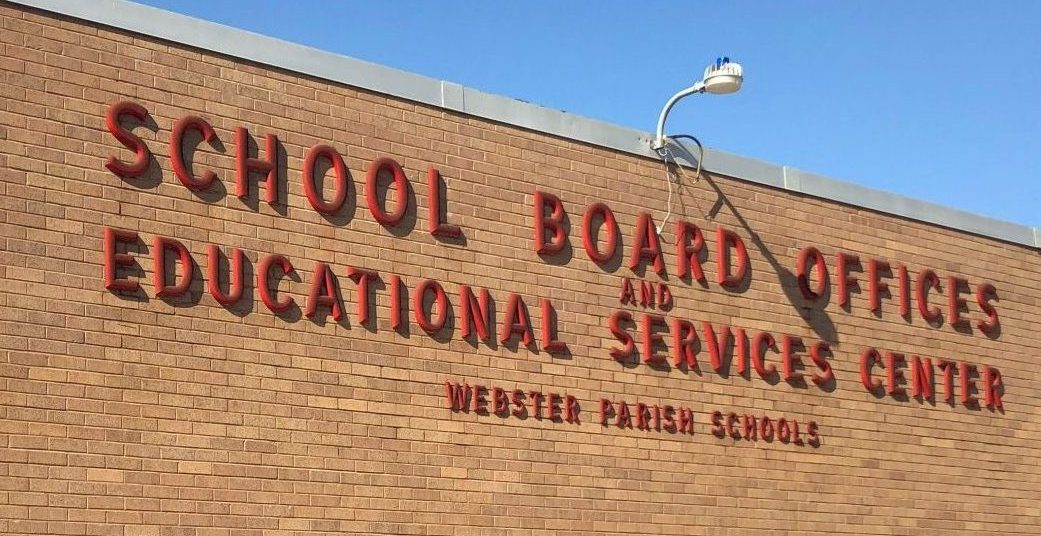571
In the monthly Webster Parish School Board meeting the board voted and passed to change the school year for the district into a balanced calendar.
In short, the balanced calendar would take some time from summer vacation, shortening it from
Webster Parish School Board Adopts Balanced Calendar for 21/22 School Year
previous post



